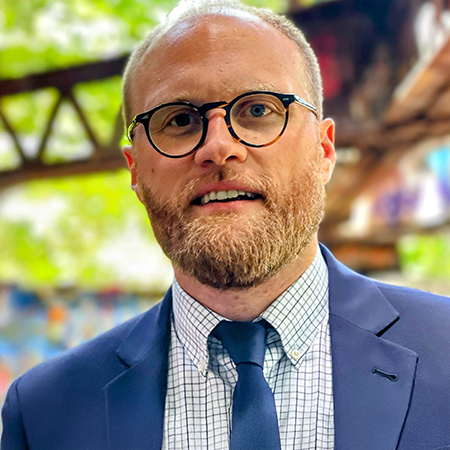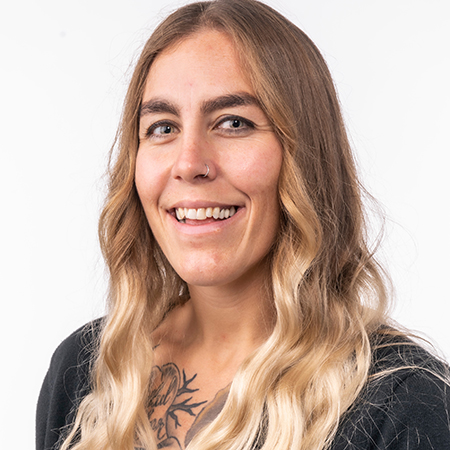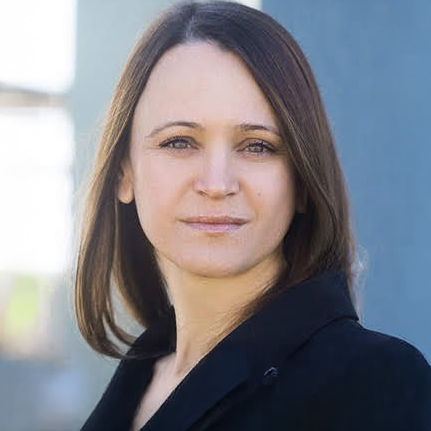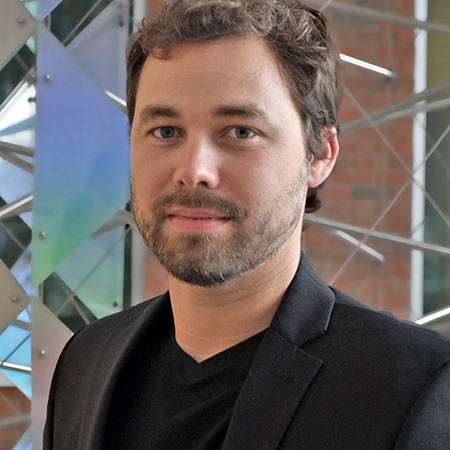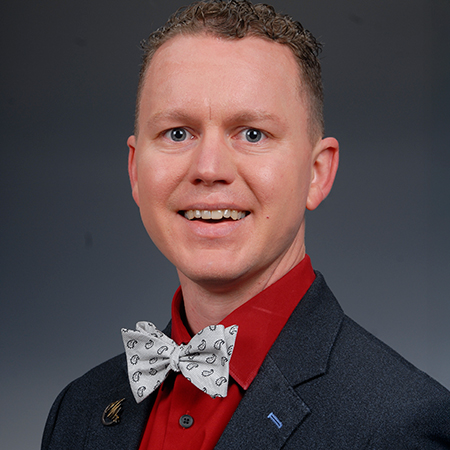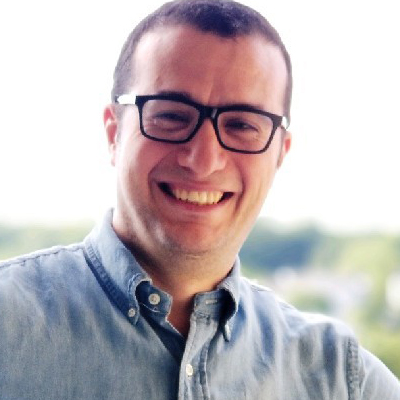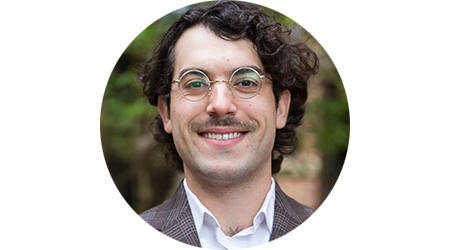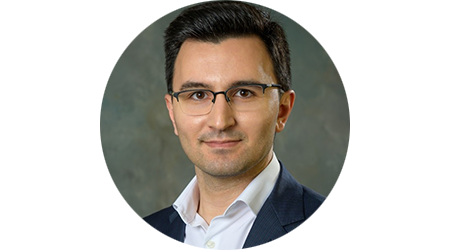
Gordon Barr, PhD (DMD) »
NeuroKappa Therapeutics LLC
MORE …
Dezocine as a potential treatment for OUD
To help ameliorate the opioid crisis, we propose to repurpose dezocine, a previously approved non-scheduled intravenous opioid analgesic, in a novel intranasal formulation as a treatment strategy in addition to medication-assisted treatments (MAT) of opioid used disorder (OUD). Since dezocine is not a scheduled medication, and that there are no reported addiction or overdose deaths from dezocine, it can potentially prevent or reduce opioid related dependence, addiction, and overdose.
After my Ph.D. work at Carnegie-Mellon, I knew I wanted to study drugs, for both their therapeutic effects and their abuse potential. Thus, I chose to work with Wagner Bridger, at Albert Einstein College of Medicine where we tested the hypothesis that hallucinogens have two distinct effects—hallucinatory under non-stressful conditions and psychotomimetic under conditions of stress. We used animal models in test that hypothesis and the work was funded by an R01 from NIDA. I then moved to Hunter College as a full time faculty and in addition was recruited to join the Department of Developmental Psychobiology at Columbia College of Physicians and Surgeons (headed by Myron Hofer). Within these two environments, I began a series of studies examining the acute and long-term effects of drugs of abuse. Much of this work focused on opioids, was funded by a K02 award and multiple R01 grants from NIH to study how opioid analgesia differed in both receptor pharmacology and neural localizations, and how morphine tolerance and dependence changes during infant development. Our group established paradigms for studying mechanisms of chronic opiate effects during development that are used commonly today.
In 2008 I joined the faculty at the Children’s Hospital of Philadelphia and the Perelman School of Medicine at the University of Pennsylvania. In keeping with my interest in the effects of opioids, including pain, Dr. Renyu Liu and I have been collaborating on the potential of intranasal dezocine to reduce OUD. Dr. Liu established a start-up company, Neurokappa Therapeutics, LLC to explore further dezocine’s potential as a therapeutic. I am the Director of Medication Development at Neurokappa and we are actively seeking support for this endeavour.
I have had extensive experience in the science of drug use and abuse. Now I am deeply involved in the potential of treatment for OUD as part of the start-up NeuroKappa Therapeutics but have little experience in that world. Thus I want to learn the ins-and-outs of the entrepreneurship that I can use going forward.
